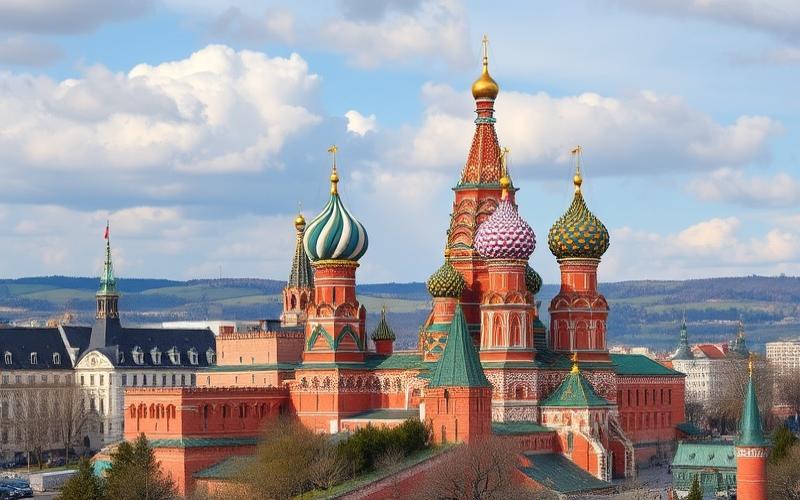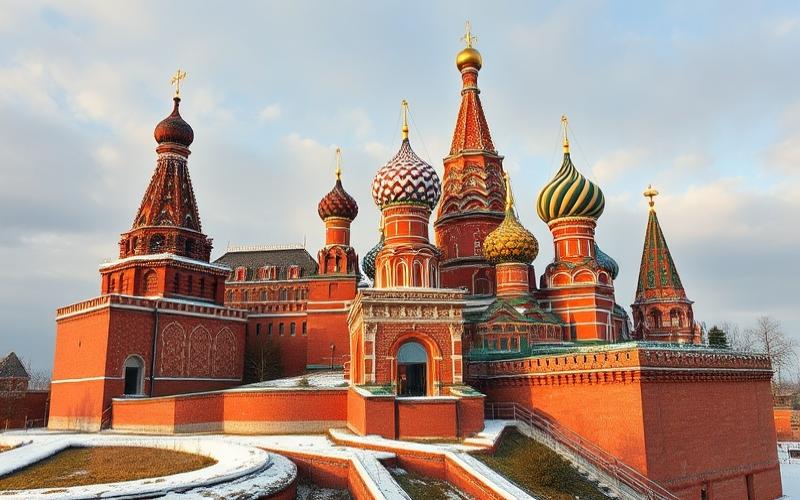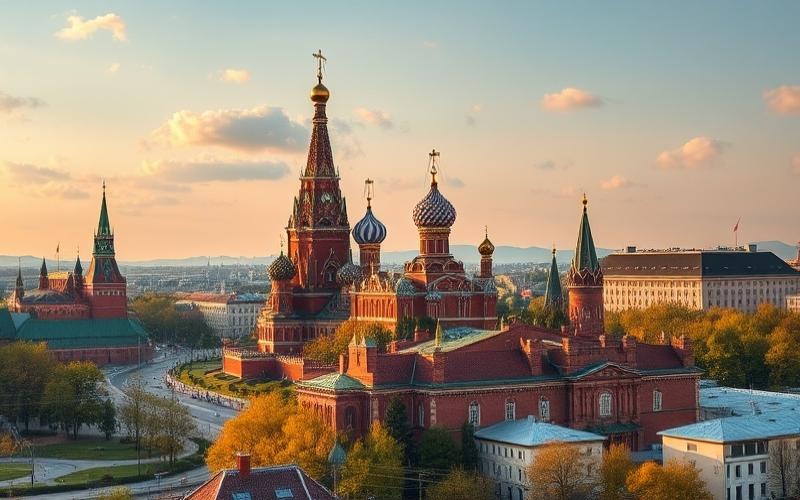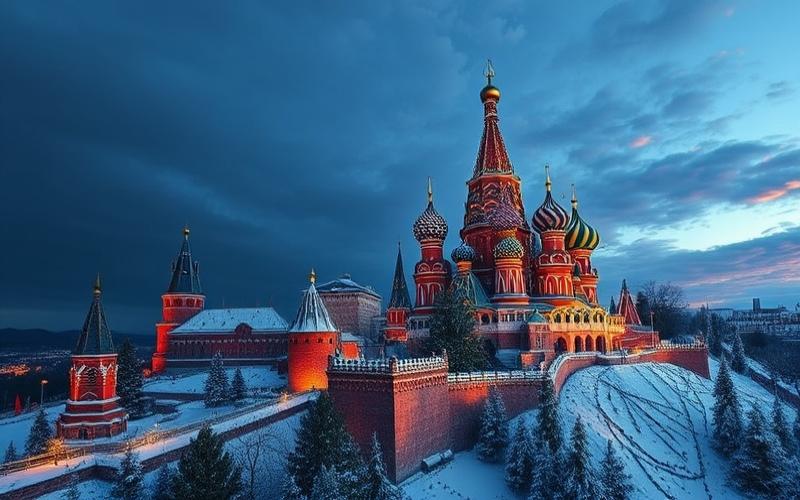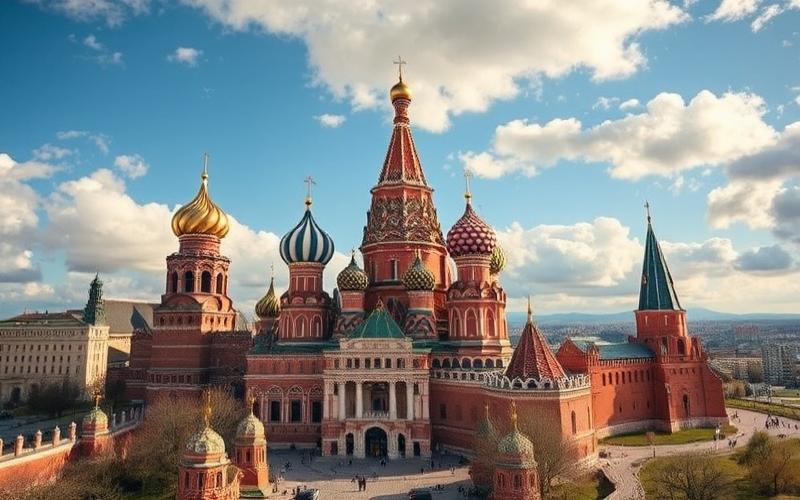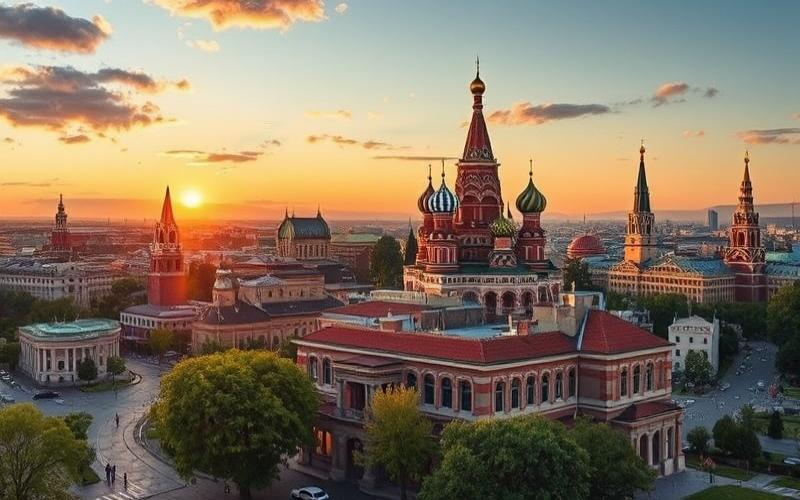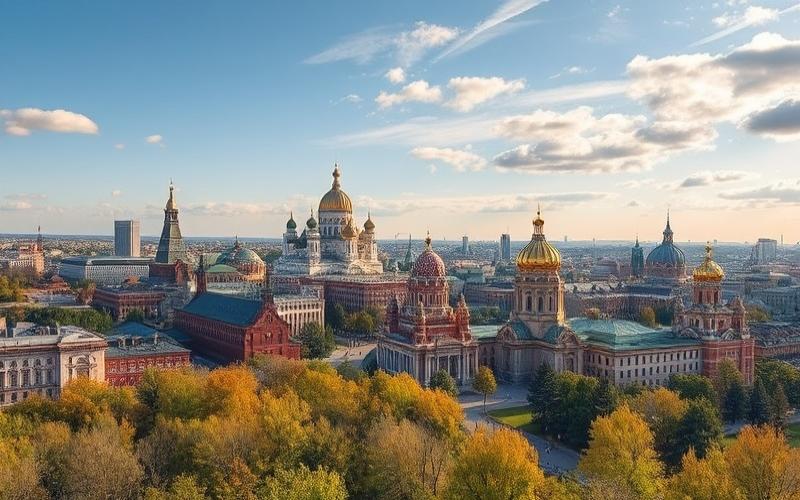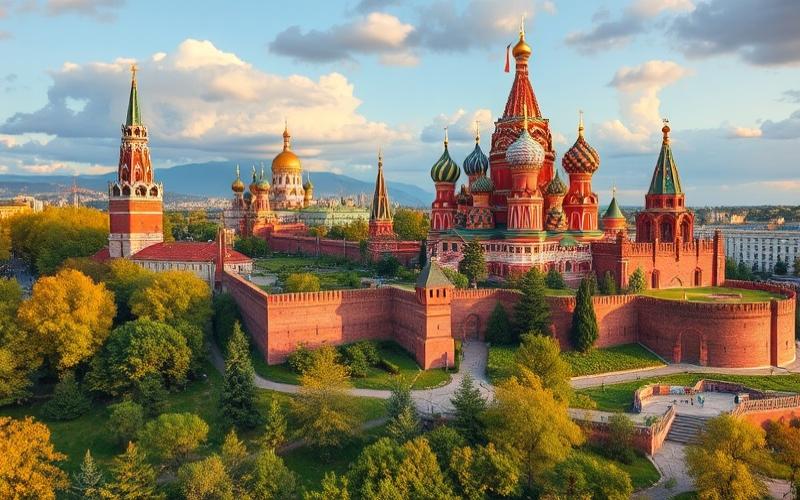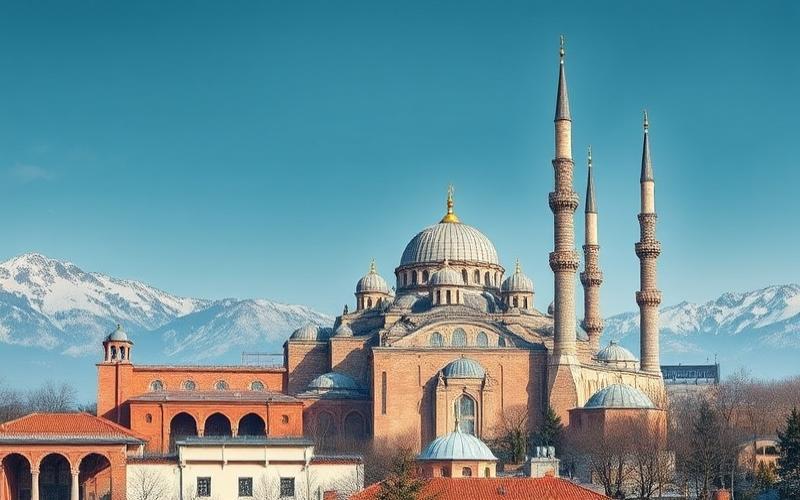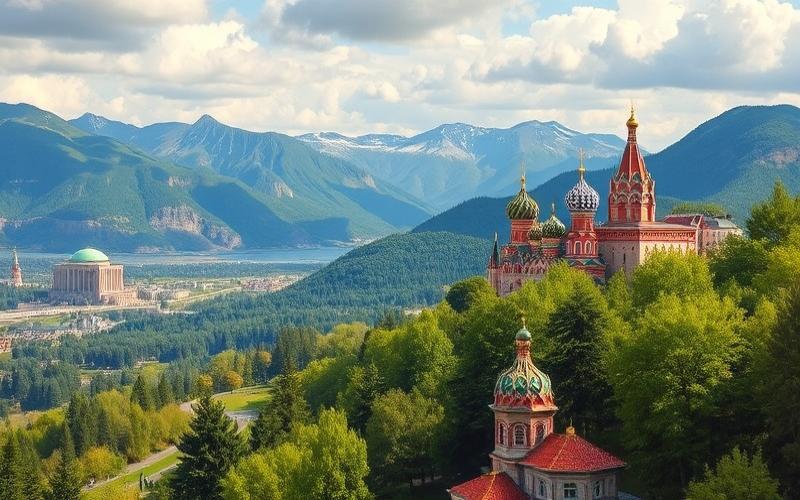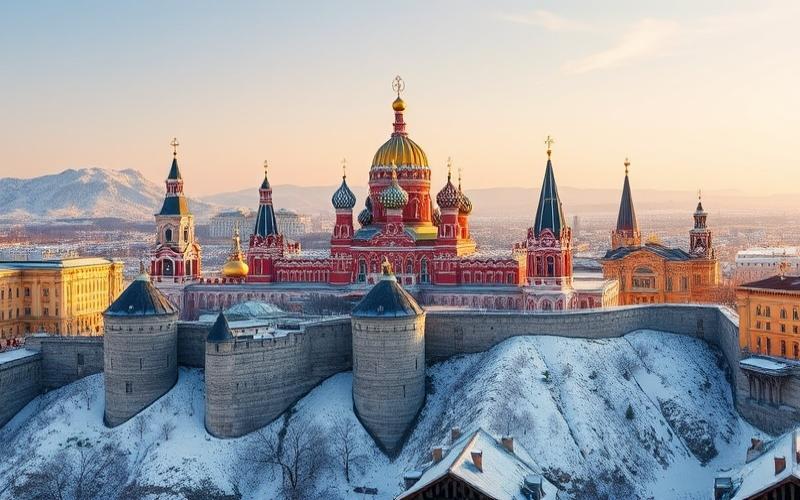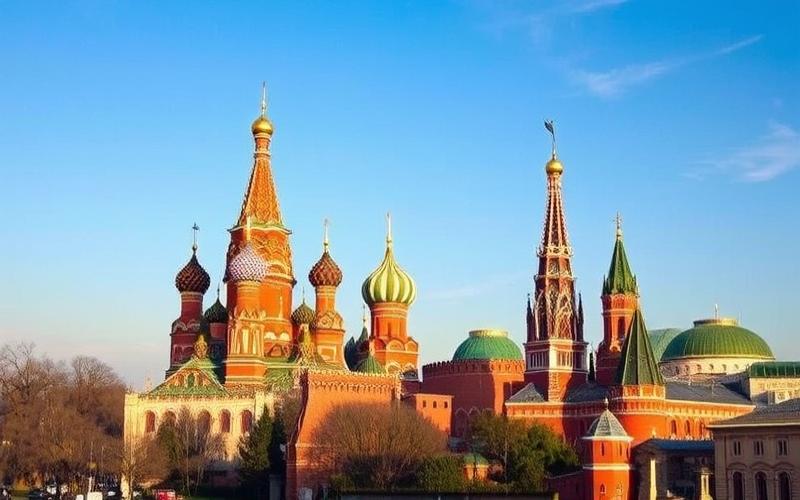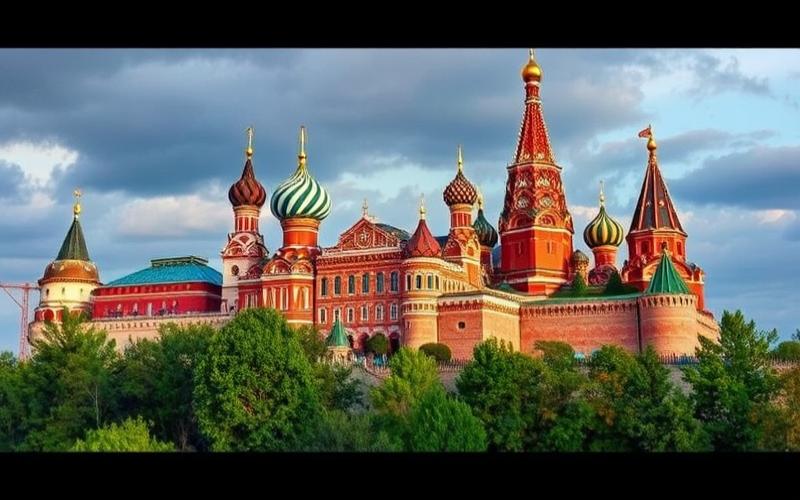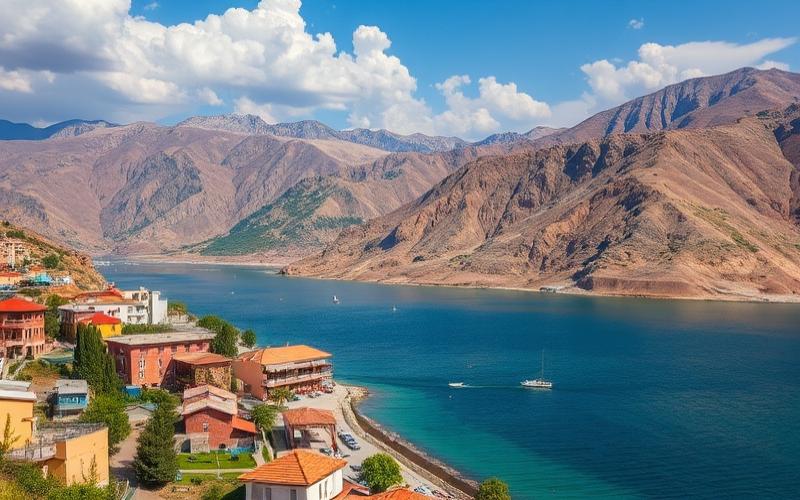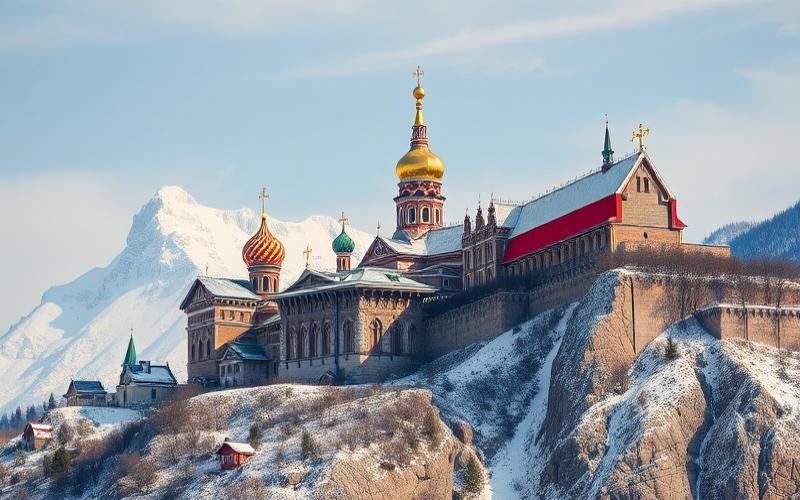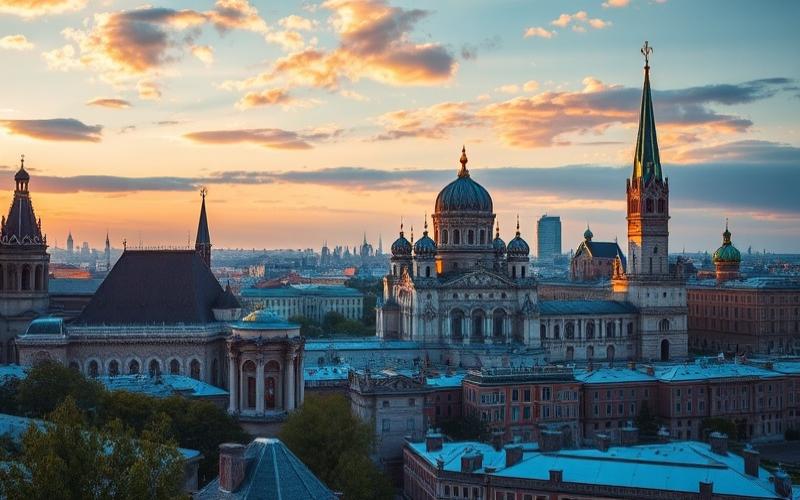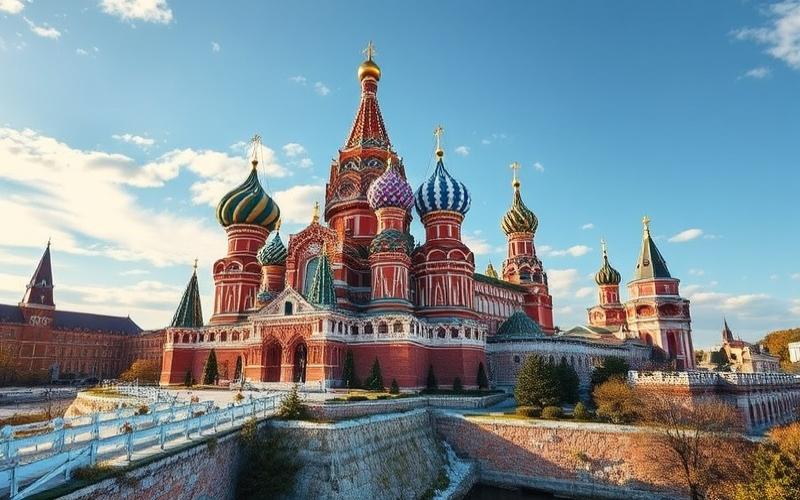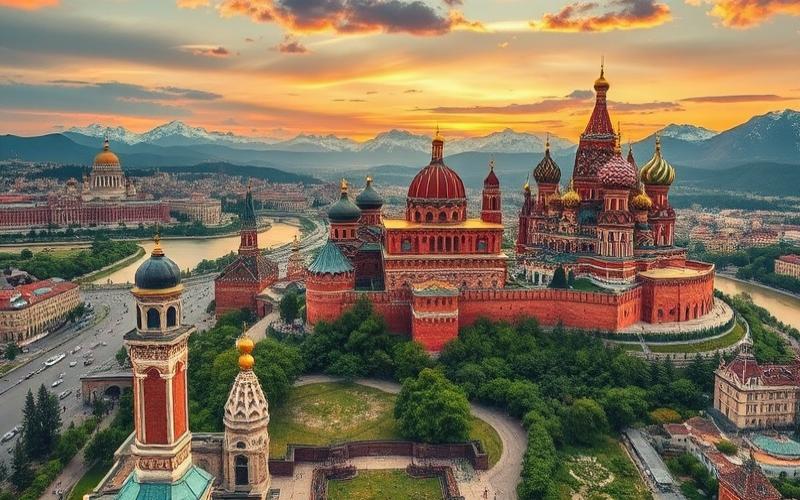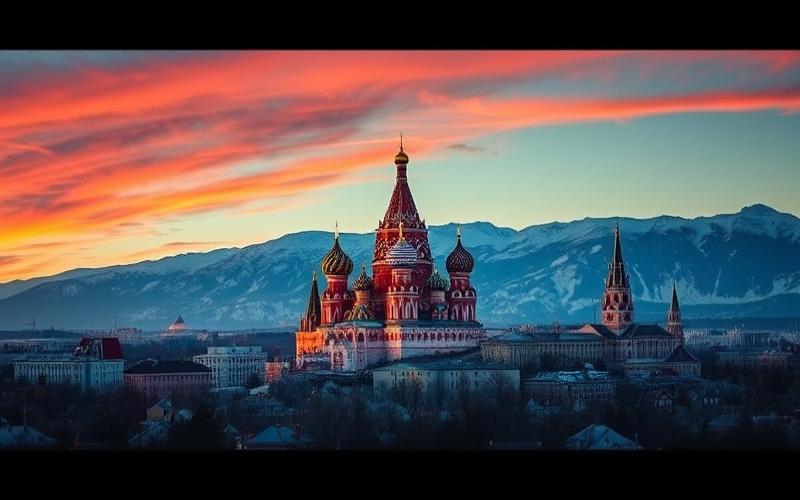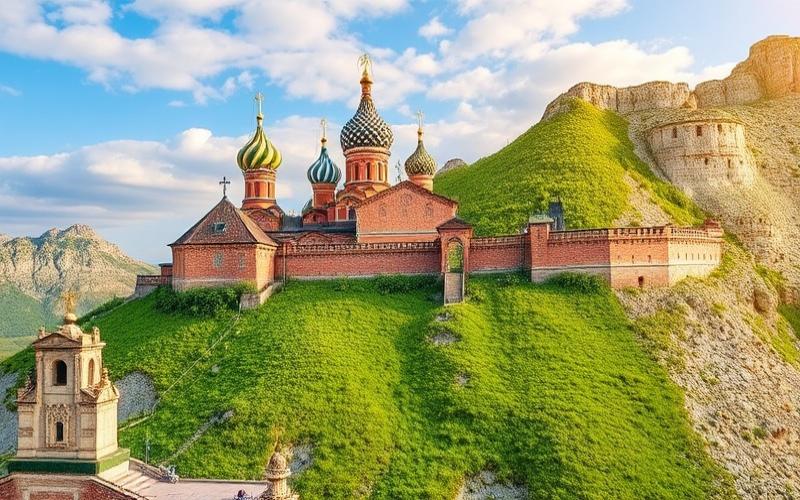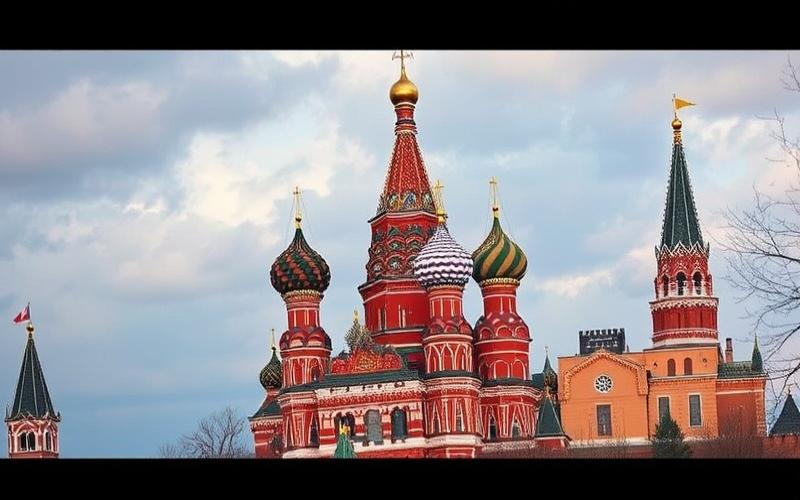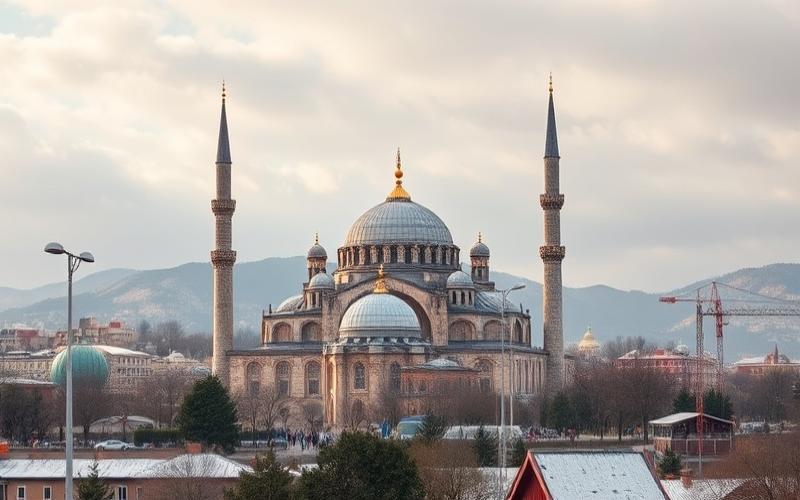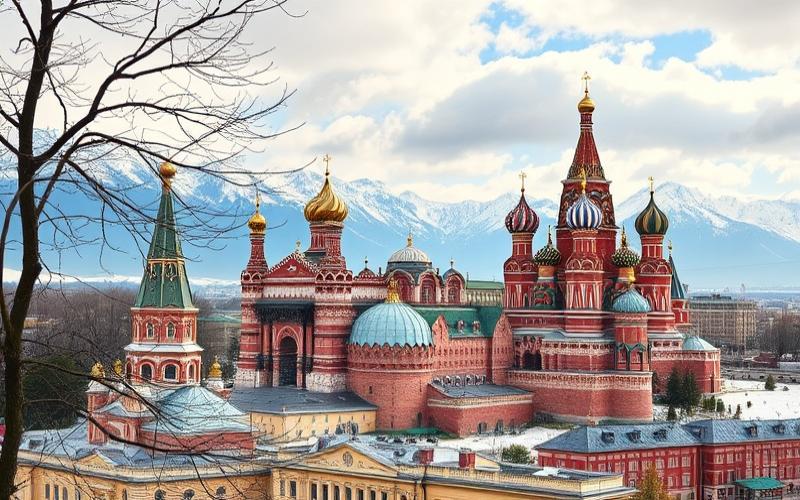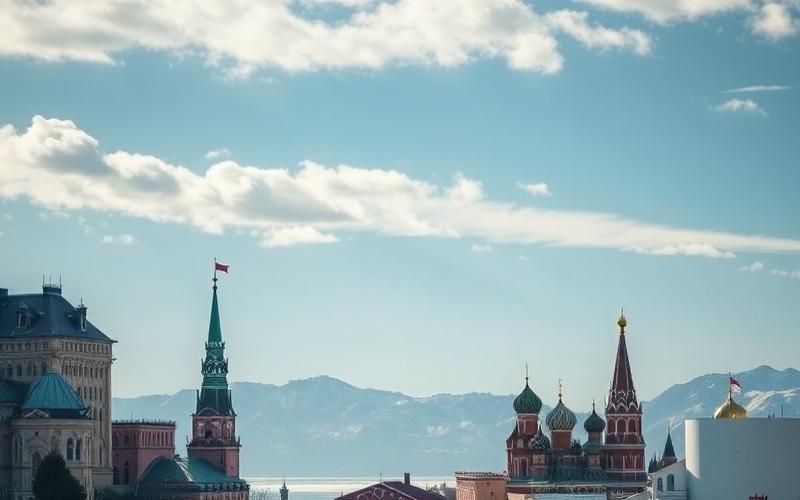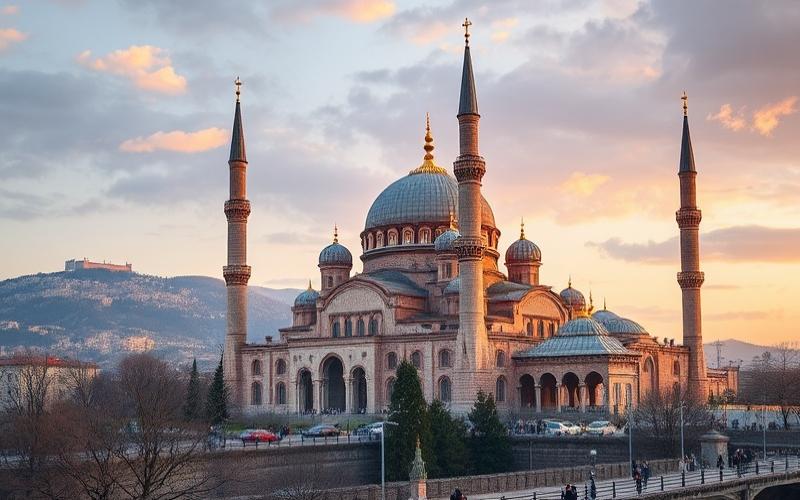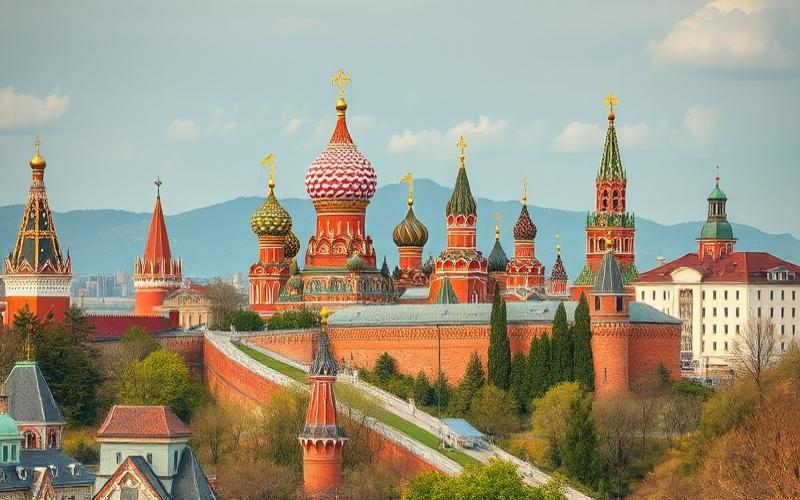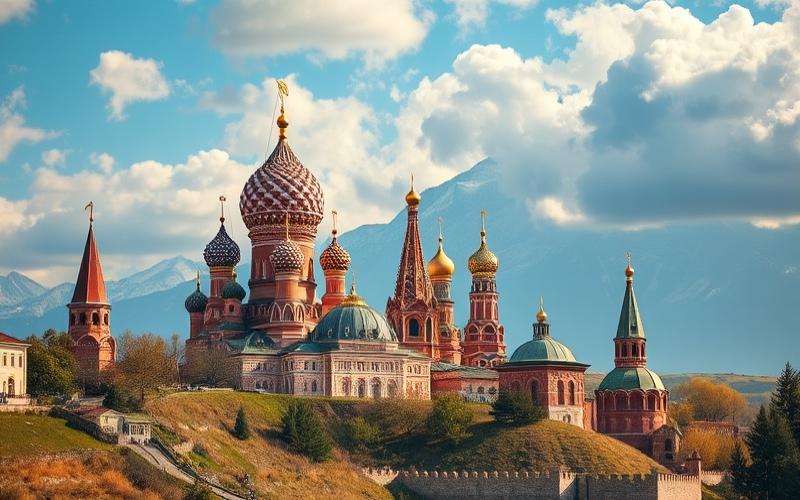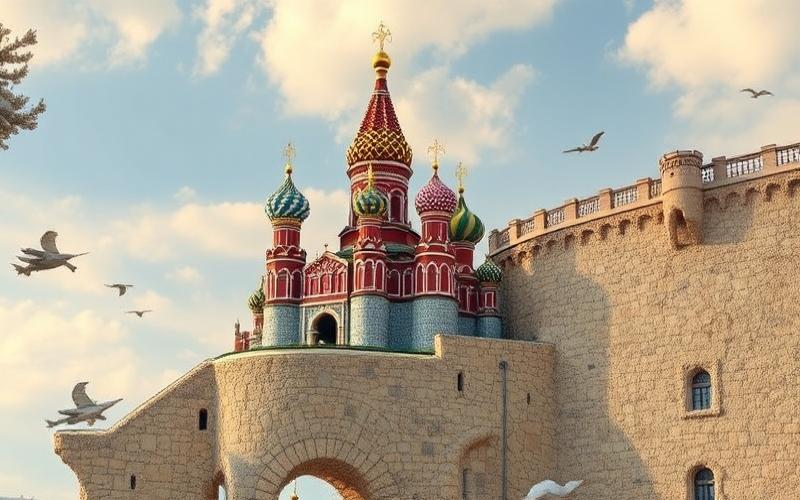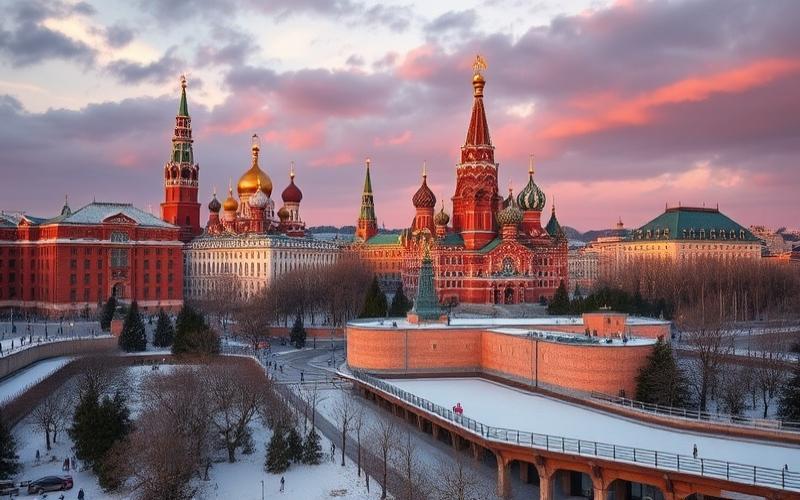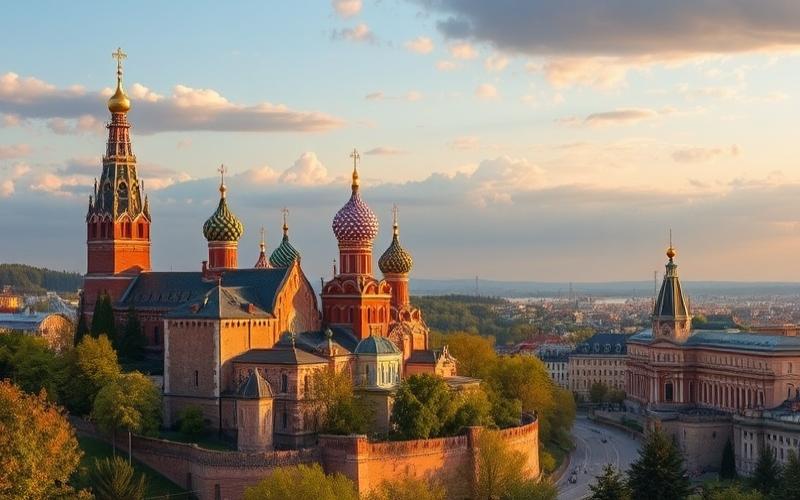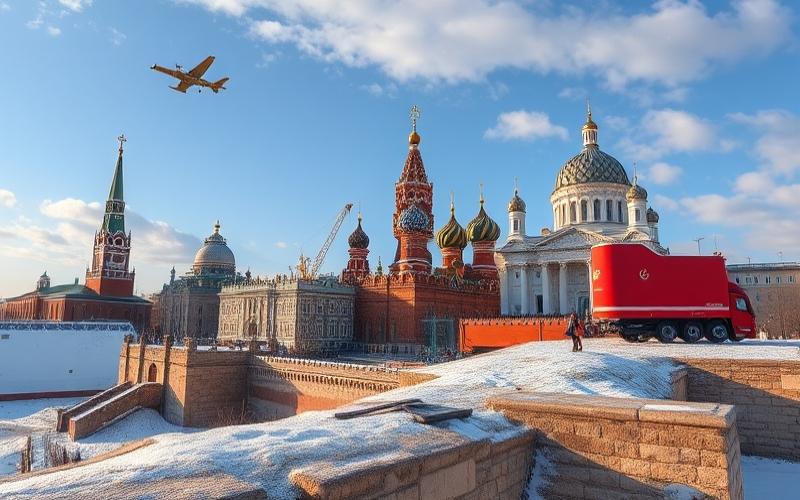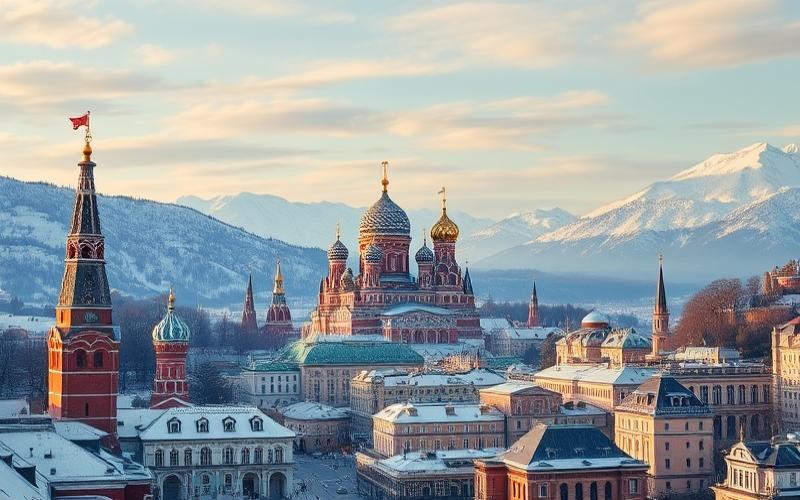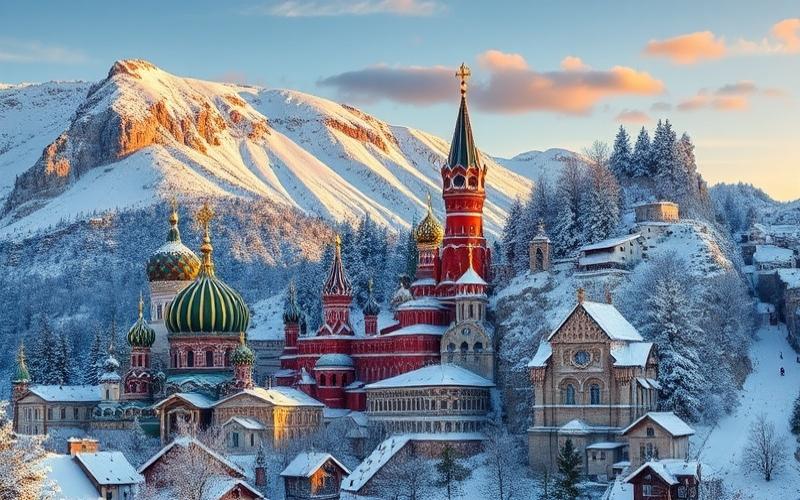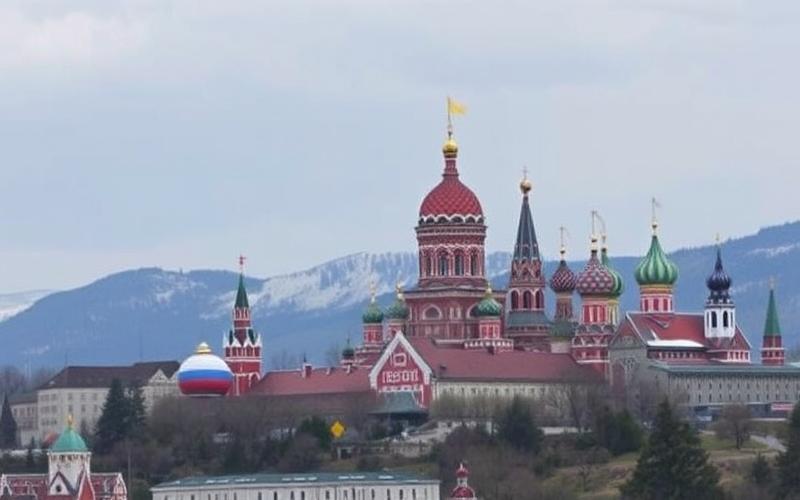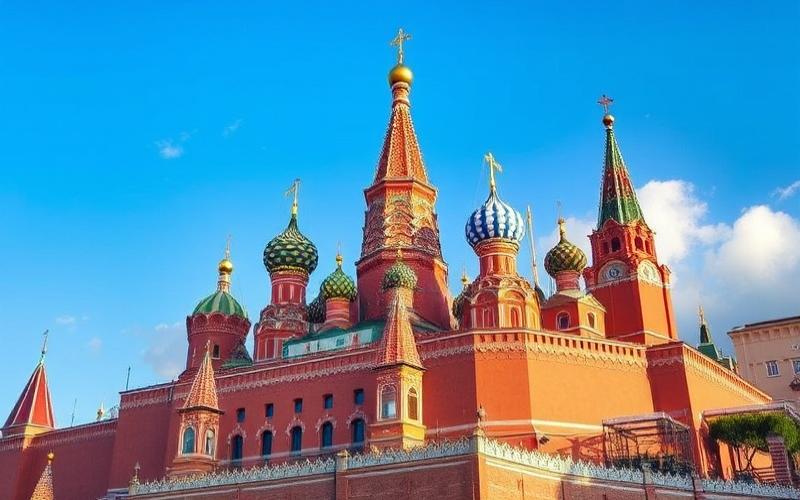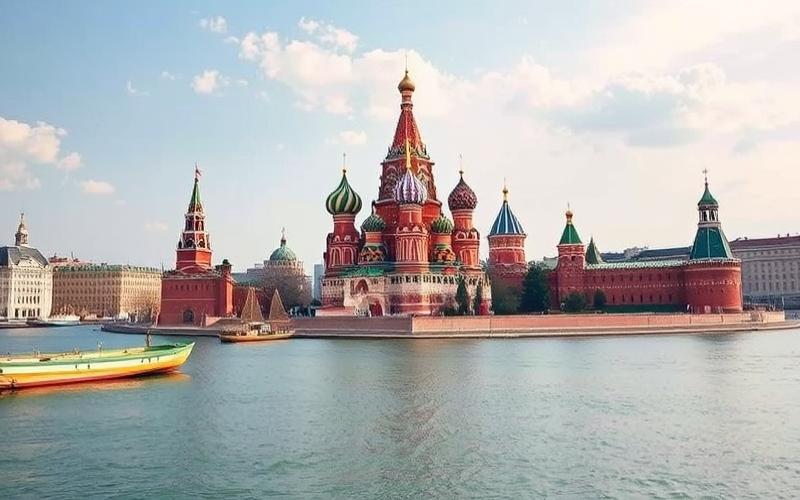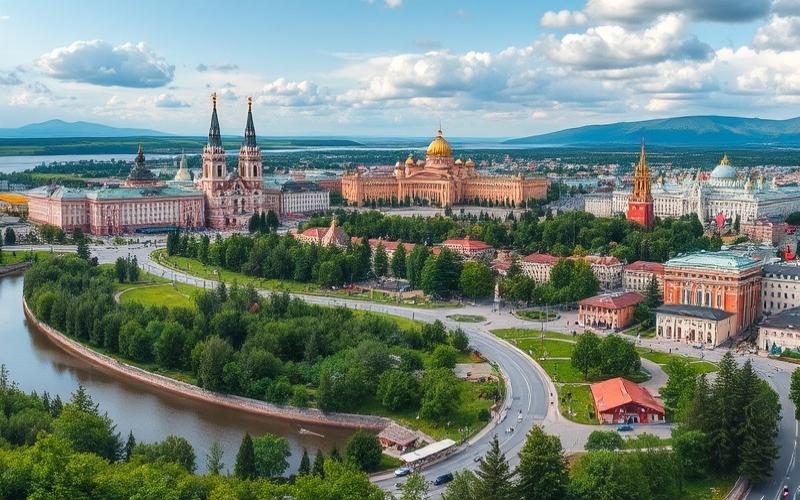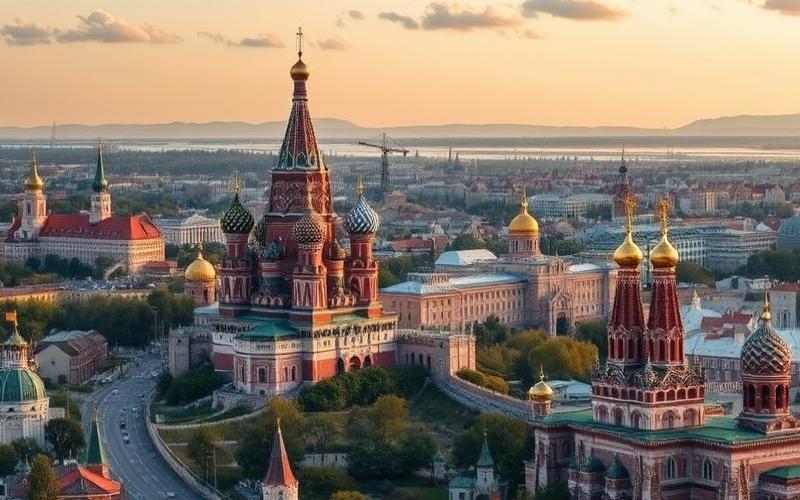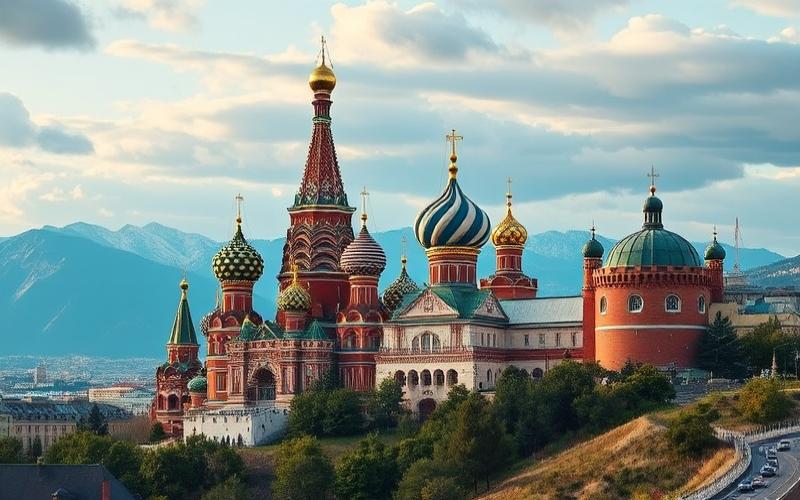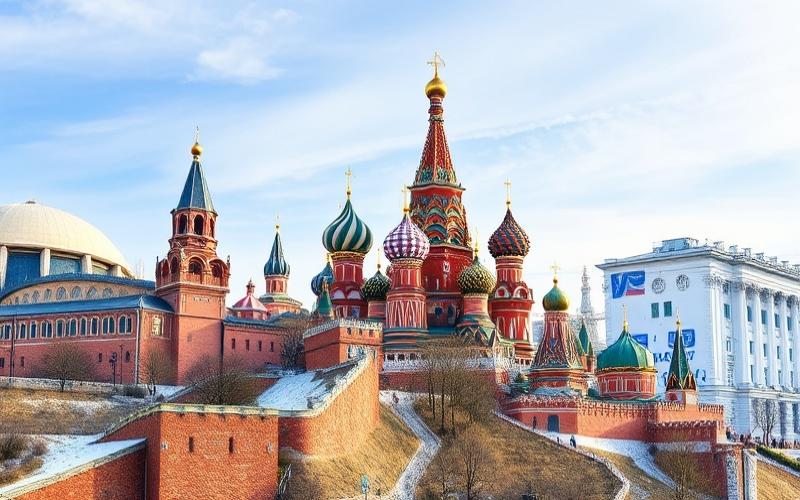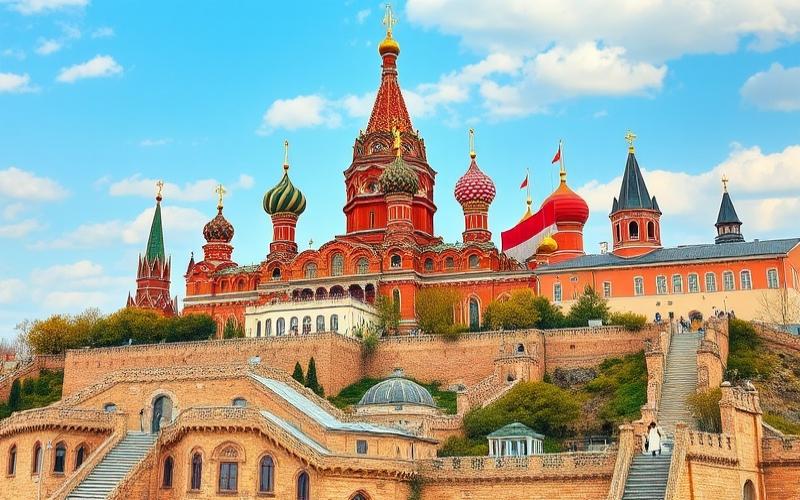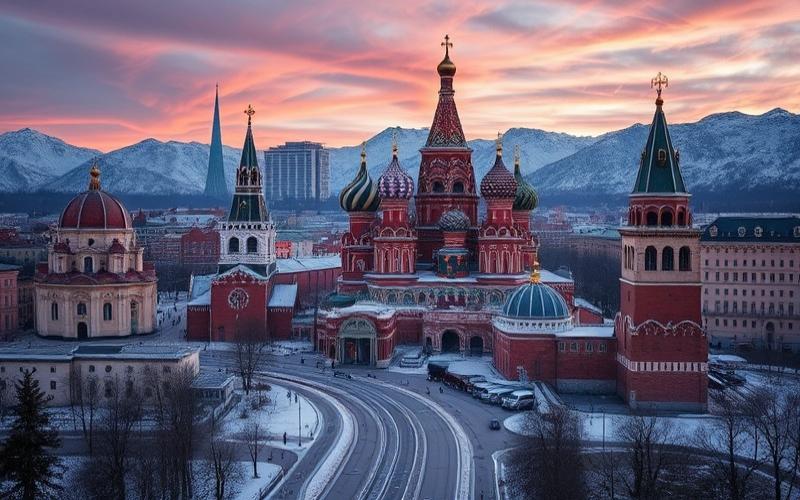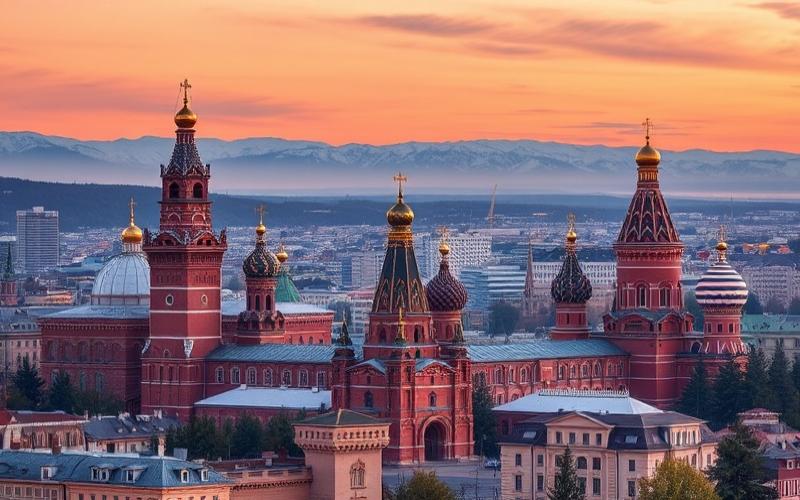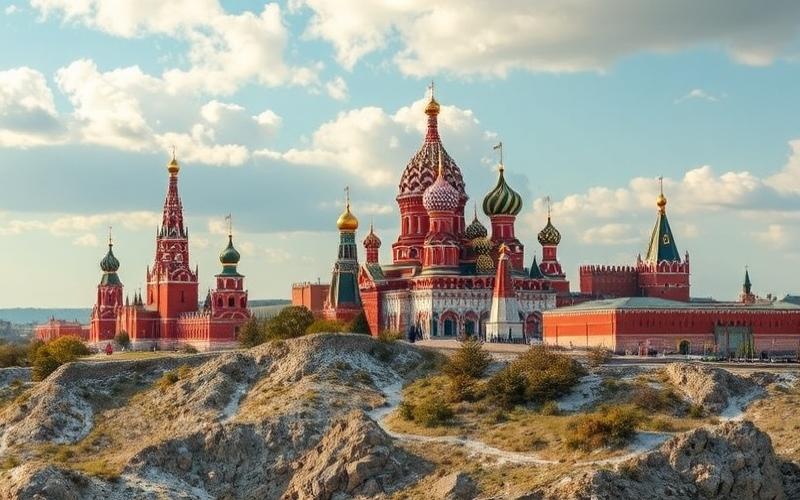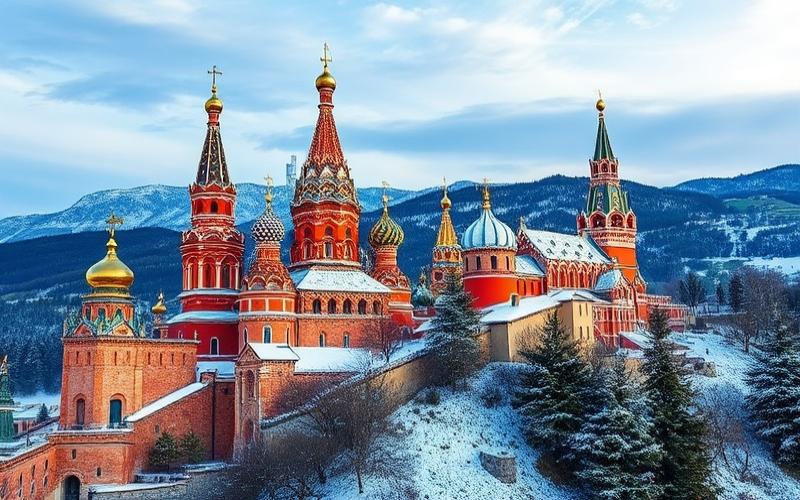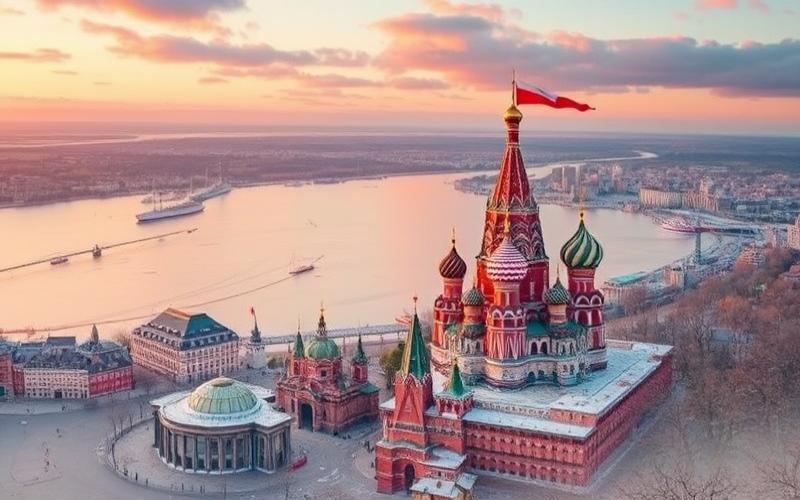
 Published on and written by Cyril Jarnias
Published on and written by Cyril Jarnias
Investing in real estate abroad can offer unique opportunities to diversify assets, and Russia stands out as an attractive destination for expatriates. With an evolving real estate market, Russia offers not only competitive prices but also high potential for long-term growth.
However, navigating the legal and cultural landscape can prove complex and requires a thorough understanding of local laws and economic trends. This practical guide aims to enlighten intrepid investors about the essential steps to succeed in their Russian investment while minimizing risks associated with the inherent challenges of this dynamic market.
Understanding the Russian Real Estate Market for Expatriates
The Russian real estate market presents unique characteristics for expatriates, including strong appeal in major cities like Moscow and St. Petersburg. Moscow remains the central hub with a premium market, diverse properties (luxury apartments, commercial offices, suburban villas), and a modern urban network. St. Petersburg attracts with its historical heritage and generally more affordable prices.
| City | Main Advantages | Average Price per m² (2025) |
|---|---|---|
| Moscow | Liquid market, luxury & business | ₽500,000–₽800,000 (€5k–8k) |
| St. Petersburg | History, culture, tourism | ₽250,000–₽400,000 (€2.5k–4k) |
Available Property Types:
- Secondary apartments (80% of foreign purchases)
- New developments (13%)
- Single-family homes/suburban villas (7%)
Advantages and Challenges by Property Type
- Apartments
- Advantages: Easy purchase/resale; strong rental yield; simplified management
- Challenges: High competition; strict short-term rental regulations
- Single-family homes / villas
- Advantages: Private space; high-end potential
- Challenges: Limited availability; high prices in desirable suburbs
- Commercial properties
- Advantages: Growing demand in major business districts
- Challenges: Increased legal complexity; strong impact of international sanctions
Market Trends in 2024–2025:
- Strong increase in luxury prices in Moscow (+20% in one year), driven by domestic demand amid geopolitical uncertainties.
- General decrease in purchasing power due to inflation (>9%) and ruble devaluation (-25%).
- Spot opportunities in tourist rental segments and new residences.
- Short-term forecasts:
- Stability or slight increase in premium urban centers.
- Downward pressure elsewhere if international situation remains tense.
Legal Procedures and Specific Regulations for Expatriates:
- Mandatory notarized translation of all documents into Russian (passport, contract…)
- Registration with the Rosreestr land registry required after purchase
- Payment only in rubles; foreign currency transactions prohibited
- Property tax capped at approximately 2%
- Capital gains taxed at 30% for non-residents upon resale before minimum holding period
- Automatic residence permit not obtainable through real estate purchase
Key Administrative & Legal Aspects:
| Procedure | Specificity |
|---|---|
| Official translation | Notarized translated documents |
| Rosreestr registration | Mandatory post-acquisition |
| Taxation | Fixed rate + capital gains tax |
Cultural and Linguistic Aspects Influencing Property Search for Foreigners:
- Language barrier complicates negotiation & contract understanding; recommended use of bilingual local agents or specialized lawyers.
- Business practices differ significantly: sometimes direct or informal approach unfamiliar to Westerners.
Managing your real estate process requires vigilance regarding local political/financial risks as well as good cultural adaptation to optimize your Russian real estate investment.
Good to Know:
Moscow and St. Petersburg offer a variety of properties ranging from modern apartments to historical buildings, but it’s essential to understand local regulations and have legal support to avoid pitfalls during purchase. Market trends show price increases in major cities, while peripheral areas offer more affordable opportunities, though knowledge of Russian is often necessary to negotiate effectively.
Legal and Administrative Considerations for Property Purchase in Russia
Essential Legal Steps for Foreigners Purchasing Real Estate in Russia
Verification of Legal Restrictions:
Foreigners can purchase most real estate properties, but there are important restrictions:
- Prohibition on acquiring agricultural land, land in border areas, near seaports, and in Crimea.
- Apartments and residential buildings are generally accessible without restrictions.
Administrative Procedures for Property Registration
- Property Selection and Negotiation:
- Selection of desired property.
- Price agreement with seller.
- Preparation and Verification of Required Documents:
- Valid foreign passport.
- Certified (notarized) translation of passport into Russian.
- Sales contract (in Russian).
- Cadastral certificate or extract from land registry regarding the property.
- Proof of payment or bank statement.
- Notary’s Role:
- The sales contract must be signed before a notary who verifies identity, legal capacity, and legal compliance of the transaction.
- The notary certifies signatures and ensures all documents comply with the law.
- Registration with the Federal Real Estate Registry Agency (Rosreestr):
| Step | Description |
|---|---|
| File Submission | Presentation to local Rosreestr office with all required documents |
| Verification | Administrative check by Rosreestr |
| Registration | Official entry in national registry |
| Obtaining Title Deed | Issuance of certificate confirming registration in buyer’s name |
Mandatory Certified Translation:
All foreign documents must be officially translated into Russian and then legalized by a local notary before administrative use.
Taxes, Duties and Fees Related to Property Purchase
- No VAT on standard residential purchase
- Annual property tax: up to 2% depending on region
- Notary fees:
- Fixed fees or proportional to amount
- Administrative fees for registry registration
Practical Tips to Secure Your Acquisition
Engaging a lawyer specialized in Russian real estate law enables:
- Thorough contract analysis
- Verification that seller is actual owner
- Significant reduction of legal risks in complex transactions
Systematically check all potential charges or mortgages on the property via Rosreestr before final signing
Possible Regional/Local Variations
- Some regions impose additional formalities or have their own local tax rates
- In some municipalities: variable registration deadlines; specific procedures depending on new/off-plan or existing purchase
| Required Document | Translation Needed? |
|---|---|
| Passport | Yes (certified/notarized) |
| Sales Contract | No (drafted in Russian) |
| Cadastral Certificate | Yes if issued outside Russia |
| Proof of Payment | Yes if foreign document |
⚠️ Non-residents are strongly recommended to engage a local lawyer to ensure perfect legal compliance throughout the process.
Good to Know:
To purchase property in Russia, foreigners must follow administrative procedures with the Federal Real Estate Registry Agency and provide translated documents, while considering regional variations and legal restrictions; consulting a specialized lawyer is advised to navigate tax and legal obligations, including property tax rates and notary fees.
International Financing Options and Tax Implications for Non-Residents
Available Financing Options for Expatriates Investing in Russia
International Mortgages
Few international banks offer loans directly for property purchases in Russia, due to geopolitical risks and sanctions. However, expatriates can seek financing in their country of residence for foreign properties, but these offers are rare and generally reserved for wealthy clients.
Financing through Russian Institutions
Russian banks grant real estate loans to foreigners with a residence permit (temporary or permanent). Conditions are stricter than for Russian citizens:
- High interest rates (from 10-15% to over 23% annually in 2025, depending on profile and property type)
- Minimum personal contribution of 30 to 50%
- Proof of stable income and generally employment in Russia
- Limited selection of eligible real estate properties
Alternative Solutions
- Personal financing (own funds, savings)
- Private loans
- Partnerships with Russian co-buyer
- Use of offshore companies or specialized investment structures
Eligibility Criteria and Financing Conditions
| Criterion | Requirements for Non-Residents |
|---|---|
| Residence Status | Temporary or permanent residence permit required |
| Personal Contribution | 30-50% of property price |
| Minimum Income | Often required, proof of stable income |
| Employment History | 6 to 12 months in Russia recommended |
| Documents to Provide | Passport + translation, residence permit, income statement, employment contract, Russian TIN if available |
| Interest Rate | 10-31% depending on profiles, 2025 average: 23% |
| Loan Terms | Generally 10 to 20 years, rarely more |
Tax Implications for Non-Resident Investors
Property Purchase Tax
- Transactions must be conducted in rubles.
- Notary fees, registration (approximately 0.5 to 2% of price).
- No VAT on used property purchase, 20% VAT on some new properties.
Tax on Rental Income
- Standard rate: 30% for non-residents on income generated in Russia.
- Possible deductions (maintenance costs, loan interest), subject to declaration.
Capital Gains Tax on Resale
- Rate: 30% for non-residents (on difference between purchase and sale price).
- Possible exemption after 5 years of ownership (or 3 years in specific cases).
Practical Tips to Optimize Taxation
- Check existence of bilateral tax treaty between Russia and country of residence to avoid double taxation.
- Prefer purchase via local structure or co-ownership with resident to benefit from more favorable tax regime.
- Declare all rental income and expenses to optimize allowed deductions.
- Anticipate legislative changes: tax rules are subject to rapid changes.
Available Advisory Services for Expatriates
- Law firms specialized in Russian real estate and tax law.
- International financial advisors mastering non-resident taxation.
- Credit application assistance services and negotiation with Russian banks.
- Rental management and tax declaration support platforms for expatriates.
Attention
Access to financing and tax rules in Russia are subject to frequent changes related to geopolitical context and sanctions. Local support by experts is strongly recommended.
Good to Know:
Expatriates can access international mortgages or Russian financing with strict documentary requirements, while rental income is heavily taxed; engaging local specialists helps optimize benefits through bilateral tax treaties.
Real Estate Investment Strategies Adapted for Expatriates in Russia
Expatriates wishing to invest in Russian real estate face specific challenges, related to cultural and regulatory differences as well as administrative and financial complexities.
Main Challenges for Expatriates:
- Language Barrier: Russian proficiency is often essential to understand legal documents, negotiate with sellers or agencies, and follow administrative procedures.
- Restrictive Local Regulations: Foreigners cannot acquire land in border regions nor agricultural land in full ownership; access is generally through long-term leases (up to 49 years).
- Administrative Complexity: Procedures involve multiple steps (title verification, notarized contracts, fund transfers, etc.), and bureaucracy can be heavy.
- Legal Risks and Regulatory Instability: Frequent rule changes, particularly in response to international sanctions, which can affect foreign investors’ rights.
- Corruption and Lack of Transparency: Some local markets present increased risk of non-transparent practices or difficulties enforcing contracts.
- Cultural Differences: Negotiation practices, deadline management, and risk perception can differ significantly from home countries.
Recommended Strategies:
- Use local investment advisory services to benefit from expertise on Russian market specifics.
- Partner with local real estate specialized lawyers to secure transactions, verify document compliance and limit legal risks.
- Leverage expatriate networks to obtain reliable recommendations on agencies, service providers and promising neighborhoods.
- Use professional translators for understanding and drafting contractual documents.
- Prefer reputable property management companies for rental investments, especially if investor doesn’t reside in Russia.
Attractive Geographical Areas and Cities for Investment:
| City/Area | Main Advantages | Growth Markets |
|---|---|---|
| Moscow | Capital, strong rental demand, dynamism | Residential, offices, luxury |
| St. Petersburg | Tourist appeal, cultural heritage | Short-term rental, premium |
| Kazan, Yekaterinburg | Regional centers, demographic growth | New residential real estate |
| Sochi, Krasnodar | Black Sea coast, tourist attraction | Secondary residences, tourism |
Investment Options and Potential Income Sources:
- Purchase in developing neighborhoods or urban transformation zones, offering appreciation potential.
- Investment in short-term rental (Airbnb type), particularly in Moscow and St. Petersburg, where tourist demand remains strong.
- Acquisition of new apartments in modern residential complexes, often attractive to expatriates and emerging middle class.
Financial Considerations and Administrative Procedures:
- Opening a Russian bank account: Often necessary for fund transfers and tax payments.
- Property compliance verification (absence of debts, unpaid charges, cadastral compliance).
- Payment via blocked accounts (type C) for nationals of sanctioned countries, which can extend transaction deadlines and limit fund availability.
- Taxation: Consider taxation on rental income, property tax and possible double taxation treaties.
- Notarization and registration: All real estate transactions must be certified by a notary and registered with Russian real estate registry.
- Limited lease term for agricultural land (maximum 49-year lease for foreigners).
Summary of Best Practices:
- Research legal restrictions and areas accessible to foreigners in advance.
- Always seek advice from local experts (legal, tax, real estate).
- Exchange with other expatriates to benefit from their experience and avoid common pitfalls.
- Anticipate additional deadlines and costs related to specific procedures for foreigners.
Real estate investment in Russia by expatriates requires preparation, vigilance and professional support, to secure each project stage and optimize opportunities offered by this evolving market.
Good to Know:
To overcome language barriers and regulatory complexities, collaborate with local real estate specialized lawyers and explore opportunities in Moscow and St. Petersburg, where short-term rental programs can offer attractive returns. Establish connections in expatriate networks for reliable recommendations and simplify administrative procedures by opting for local investment advisory services.
Disclaimer: The information provided on this website is for informational purposes only and does not constitute financial, legal, or professional advice. We encourage you to consult qualified experts before making any investment, real estate, or expatriation decisions. Although we strive to maintain up-to-date and accurate information, we do not guarantee the completeness, accuracy, or timeliness of the proposed content. As investment and expatriation involve risks, we disclaim any liability for potential losses or damages arising from the use of this site. Your use of this site confirms your acceptance of these terms and your understanding of the associated risks.

